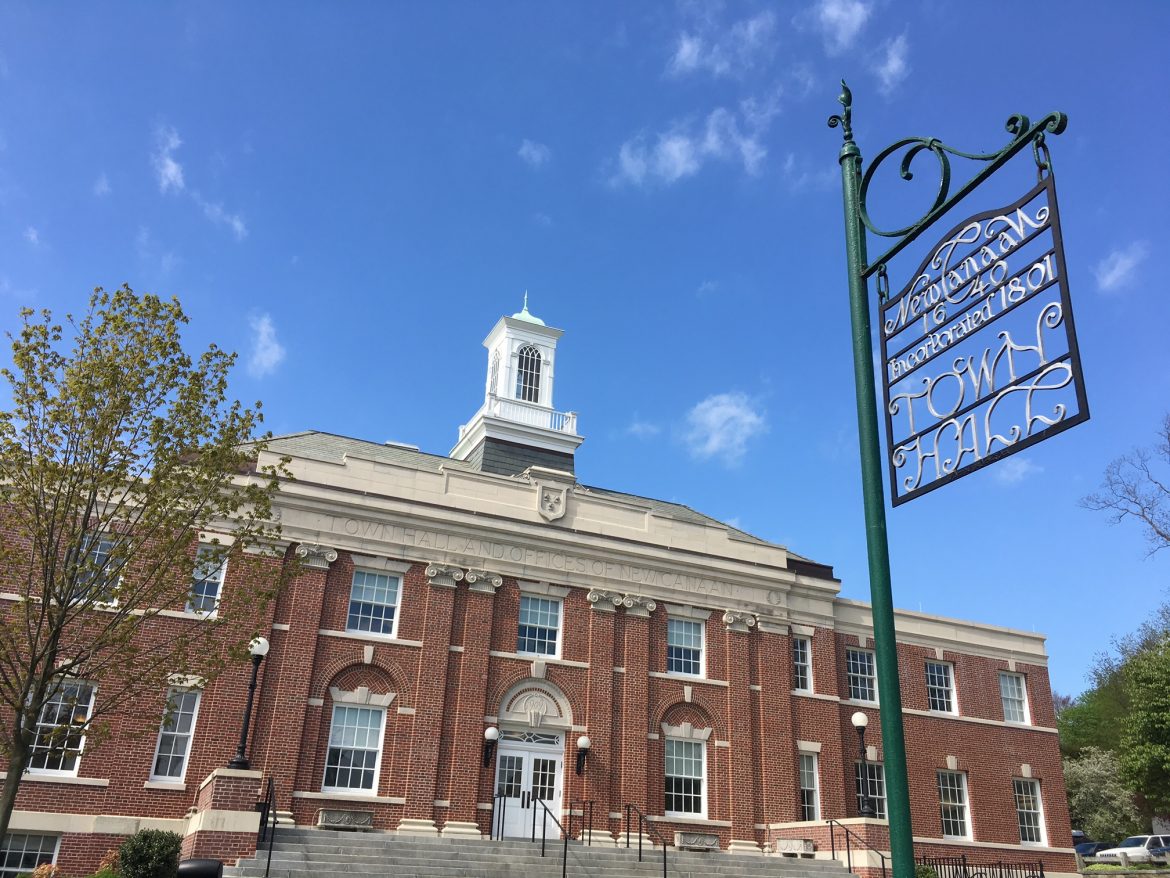Town finance officials said this week that since there’s no money in the current budget for a proposed survey of residents regarding spending priorities in the town—a survey estimated to cost $16,000 to $19,000—that it must wait for the fiscal year starting July 1 to get underway.
Though there is “wide support to do the survey,” Board of Finance Chairman Todd Lavieri said during the group’s regular meeting Tuesday night, funding it would require a special appropriation.
“We just do not have money in this budget, so it has got to be the next one,” Lavieri said during the meeting, held at Town Hall.
Lavieri added that there are also open questions such as what firm to use and how the survey would be conducted. Ultimately, no one on the Board proposed a special appropriation to fund the survey now.
Lavieri’s recommendation comes just two months after officials from the Boards of Selectmen, Finance and Education, as well as the Town Council, agreed during a pre-budget workshop that surveying residents would be important in order to understand what are the priorities of New Canaan residents.
In a follow-up memo to that Nov. 17 workshop, facilitator and moderator Kathleen Corbet noted that one action item was to “conduct a town-wide, professional quality survey” by the spring “to find out what town residents want and expect.”
“The survey will help to point out various trade-offs and needed prioritizations, including consideration of operating costs, debt management as well as capital projects,” Corbet wrote in her memo. “The survey will help evaluation of return on investments; the importance of a number-1 education system; safety; cell service; roads; train and commutation; open space; best quality at a reasonable cost.”
The responsibility for the survey was to be a newly formed committee or task force, according to Corbet’s memo—yet no such group has materialized.
Selectman Kit Devereaux noted as much during the Board of Selectmen’s Jan. 8 meeting.
Addressing First Selectman Kevin Moynihan, she said, “It seems to me that it would be a good idea to do what was suggested at that town-wide meeting, and for the task force or committee to look at what would be the best way to do this. It can be complicated in terms of choice of method—a town-wide mailed survey, for instance.”
Regarding the formation of a task force or committee, Devereaux added that “there are a lot of people in town with a lot of experience who could add value, and we should talk to them.”
Moynihan responded that he would address the matter with the Board of Finance.
“It is surprising to me how often we cannot find funding that hasn’t been authorized,” he said. He added that in order to get the funds for the survey, “we may have to ask the Board of Finance to do a transfer from someone else’s budget.”
Yet that request was not made during this week’s Board of Finance meeting. When Board Secretary Judy Neville asked Moynihan whether the matter had been discussed at the Board of Selectmen, he responded yes and added that Selectman Nick Williams was not present (at the Jan. 8 meeting) and the Town Council was to discuss the matter at its regular meeting Wednesday.
Past special appropriations approved by town funding bodies include $18.6 million for the Saxe Middle School expansion (in 2015), $475,000 for New Canaan Library to help acquire a South Avenue property (in 2016) and $267,000 for the Fowler property in Silvermine.
The Board of Finance has met twice since the joint workshop in November, the Town Council four times, including a short special meeting.
During Tuesday’s meeting, Board of Finance member Amy Murphy Carroll said it would be a challenge in the survey “to do one effectively and reach everyone.”
“Conceptually I like it,” she said. “Implementing it may be hard to do.”
Members of the Board of Finance who supported putting off the survey to next fiscal year included Neville and Vice Chairman Bob Spangler.

It is meaningful to further explain why the Board of Finance is waiting until the summer. Crafting a survey that provides concrete actionable information in an unbiased format and then getting a representative sample of responses from the community would take a significant amount time. Since the survey results would not be available in time to help inform this year’s budget cycle decision making, the cost of a survey can be captured in the normal budget cycle process rather than a special appropriation.
Maria,
What new information about how surveys work has emerged since the morning of Nov. 17? That was when a room full of town officials vowed to survey residents for this budget season. The proposal has garnered interest among residents—it’s come up not only in comments threads but also at the Forum on Public Buildings and Community Coffee. Two months later, that survey—estimated to take about six weeks for a professional firm to organize and run—has been put off to next fiscal year. The reason given Tuesday by the chairman of the Board of Finance was lack of funds.
Thanks for posting your comment.